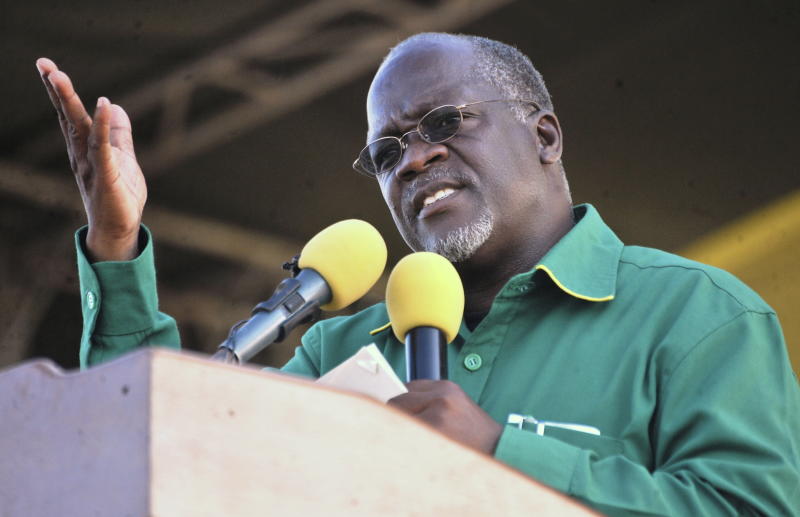×
The Standard e-Paper
Join Thousands Daily

Does the denialism that Covid-19 was a high risk to human life by the late Tanzanian John Pombe Magufuli just like former US President Donald Trump constitute a case for crime against humanity?
This is the question that was put to me over the weekend. It is a troubling question because it embeds in it beliefs, assumptions, half-truths and truisms.